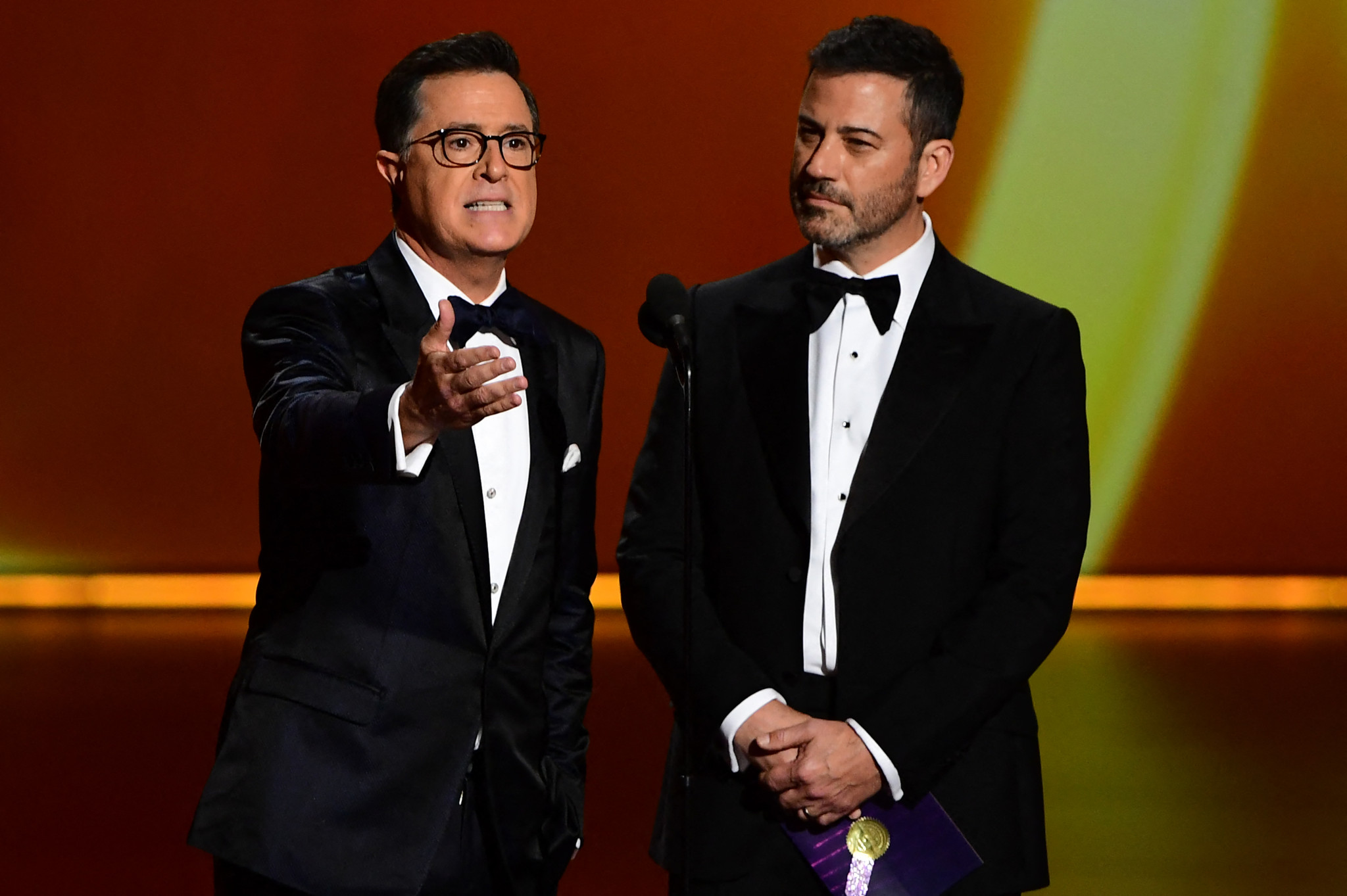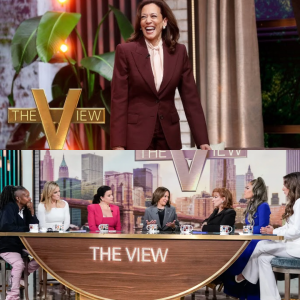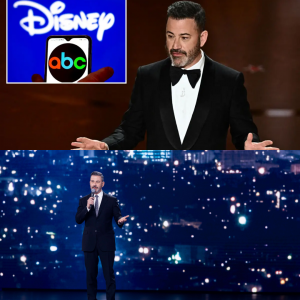After nearly a week of uncertainty and public debate, ABC and its parent company, The Walt Disney Company, have announced that Jimmy Kimmel Live! will return to television on Tuesday night. The decision reverses the show’s temporary suspension, which was implemented following Kimmel’s controversial comments during a recent monologue.
In a statement released Monday, Disney explained the rationale behind its initial action and why the company ultimately decided to bring the program back so quickly.
“Last Wednesday, we made the decision to suspend production on the show to avoid further inflaming a tense situation at an emotional moment for our country,” the statement read. “It is a decision we made because we felt some of the comments were ill-timed and thus insensitive. We have spent the last days having thoughtful conversations with Jimmy, and after those conversations, we reached the decision to return the show on Tuesday.”
The reversal highlights the delicate balance that networks must strike between corporate responsibility, creative expression, and the broader public discourse.
A Tumultuous Week for Late-Night TV
The initial suspension shocked viewers, media insiders, and even Kimmel’s colleagues across the late-night landscape. For many, the move seemed abrupt and disproportionate, especially given that the remarks in question fell well within the boundaries of political satire—a hallmark of late-night programming.
Public reaction was swift. Within hours of the announcement, social media platforms were flooded with messages of support for Kimmel. Hashtags defending the comedian trended nationwide, while think pieces and opinion columns questioned whether corporate overreach was undermining free speech in entertainment.
The controversy became more than a question of one comedian’s future. It touched on the broader debate about how entertainment companies should respond when their stars make polarizing statements, particularly at a time when political and cultural divisions are already running high.
The Backlash That Changed Disney’s Mind
What ultimately brought the show back appears to have been a combination of public pressure and internal reassessment. Disney faced intense criticism from multiple directions: industry figures who saw the suspension as a dangerous precedent, fans who felt their voices were being ignored, and cultural commentators who argued that satire has always played an essential role in democratic societies.
Executives at Disney were said to be surprised at the scale and intensity of the backlash. What they may have expected to be a short-lived controversy instead became a rallying point for viewers who viewed the suspension as a symbolic silencing of dissent.
The company’s official statement avoided placing blame, instead emphasizing the importance of dialogue and reflection. By describing the days following the suspension as a period of “thoughtful conversations,” Disney signaled both an acknowledgement of the criticism and a willingness to reconsider decisions in light of broader societal concerns.
Free Speech in the Spotlight

The larger issue at stake is how far corporations should go in moderating the voices of their employees, particularly when those employees are public figures whose platforms are built on commentary. Late-night comedy has always been a forum for social and political critique, often pushing boundaries and sparking heated debates.
Critics of the suspension warned that silencing such commentary—even temporarily—could have a chilling effect, discouraging other performers from speaking openly on sensitive issues. Supporters of the pause, on the other hand, argued that corporations have a duty to temper rhetoric in moments of heightened national tension.
The debate reflects a broader tension in American culture: how to balance the right to free expression with the responsibility to maintain civility and avoid exacerbating divisions.
The Return of Jimmy Kimmel Live!
With the show set to resume on Tuesday, all eyes will be on Kimmel to see how he addresses the whirlwind of controversy surrounding his absence. Will he issue a direct statement? Will he weave the episode into his trademark comedic style? Either way, the moment promises to be one of the most closely watched in late-night television in recent memory.
Industry analysts believe the return episode will draw unusually high ratings, fueled by both curiosity and solidarity from viewers who rallied behind him. For Disney, the move is a calculated effort to restore normalcy while also acknowledging the importance of public opinion.
A Reminder of Audience Power
The saga serves as a reminder of how quickly audiences can influence decisions in today’s media environment. Just as corporations monitor ratings and advertising revenue, they now also have to reckon with the immediate and highly visible reactions of millions of social media users.
In this case, the collective outcry over Kimmel’s suspension was impossible to ignore. The network’s reversal underscores the growing power of audience feedback, demonstrating that corporate decisions are not made in isolation but in conversation with the very people who consume the content.
As Jimmy Kimmel Live! returns to air, the incident will likely leave a lasting mark on both Disney and the broader entertainment industry. It raises questions about whether networks should preemptively suspend shows in the face of controversy, or whether such actions only amplify the situation.
For Kimmel, the episode may prove to be a defining moment in his career. By weathering the suspension and returning with strong public support, he has positioned himself not only as a comedian but also as a symbolic figure in the ongoing debate over free expression in American culture.
Ultimately, the decision to bring him back suggests that Disney recognizes the importance of allowing space for humor, satire, and even discomfort in the public square. In a media landscape where every word is scrutinized, the ability to laugh—and sometimes provoke—is more than entertainment. It is a reflection of a society still negotiating the boundaries of its own discourse.







